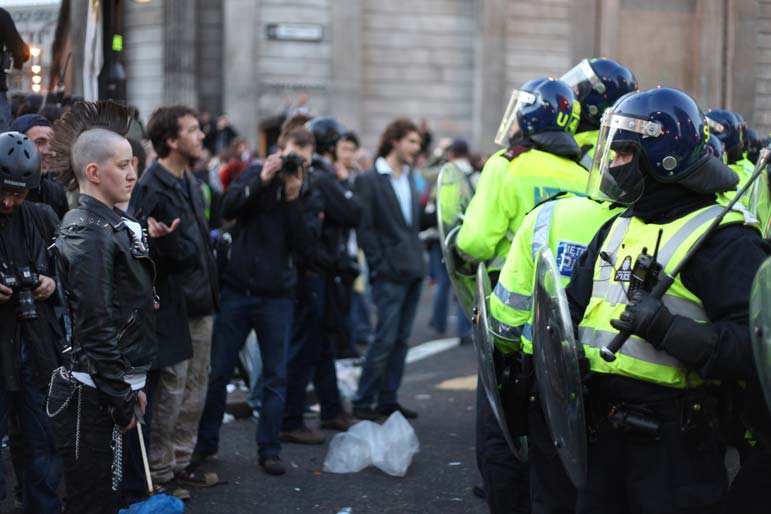
Despite their claim to being something new under the sun, revolutions have their own histories complete with predictable patterns of decline and fall.
A classic example is the one that took place in
Anyone familiar with the history and interpretation of the French Revolution will look askance at the claim made by today's naive young revolutionaries that they represent anything but imitations of the original catastrophe. Students of historical follies, with all their violence and bloodshed, will have to wonder if this isn't where they came in. For each revolution exhibits the same series of shock waves following one another across Clio's stage. If you've seen one such revolution, you've seen 'em all.
It was
If any modern revolution did achieve something different, one might ask if the change was for good or ill. Historian
The Glorious Revolution in
But when revolutions seek to change society's most basic structure -- the family -- they tend to fail, a testimony to the common sense of the population. And people tend to resist incursions upon society's other fundamental institution - religion -- as Maximilien Robespierre discovered when he sought to establish the Cult of the Supreme Being as the official religion of
So let's hear it for We the People and our innate tendency to trust the tried and proven rather than accept social experimentation, especially on the sinews that hold together husband and wife, parents and children. Efforts to establish new religions and the most personal of new habits amounted to nothing in the end.
The family of man isn't about to strike such a dubious and fleeting bargain with destiny. So on balance, to quote
The most successful revolution in modern times appears to have been the American one, which now seems less a revolution than a continuation. It's the well-named
For in G od we trust; all other lesser beings only play at being gods. And it's time sensible souls saw right through them.
Comment by clicking here.
Paul Greenberg is the Pulitzer-winning editorial page editor of the Arkansas Democrat-Gazette.


 Contact The Editor
Contact The Editor
 Articles By This Author
Articles By This Author
